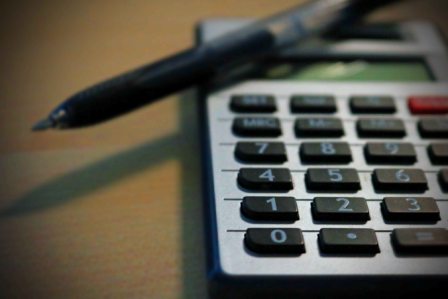Appointing the right auditor or examiner for your charity

All Scottish charities are required to prepare annual accounts. These consist of numerical information and also a Trustees’ Annual Report which is narrative information explaining what the charity has been doing in the year and providing details that cannot be expressed in financial terms.
Under statutory requirements, the accounts of Scottish charities must be externally scrutinised. That is, someone who is independent of the charity has reviewed the accounts and produced a report, attached to the accounts, that highlights any issues to the reader.
The formal requirements for accounts and external scrutiny are contained within charity law. The requirements differ depending on the constitutional form of the charity, the level of the charity’s income and also any relevant provisions contained within the charity’s governing document.
The formal requirements under the Charities Accounts (Scotland) Regulations 2006 for the form of accounts to be prepared by Scottish charities are:
- Non-company charities with a gross income of less than £250,000 - Receipts and payments accounts
- All charitable companies - Fully accrued accounts
- All charities with a gross income of more than £250,000 - Fully accrued accounts
In brief terms the formal requirements under the Regulations for external scrutiny are:
- Independent examination for charities with income of less than £500,000
- Audit for charities with income of £500,000 or more
It is the responsibility of the charity trustees to appoint an appropriate person to carry out the role of auditor or independent examiner and they must consider the skills and knowledge required to undertake the role – this will depend on the complexity of the charity’s accounts and the operations of the charity.
Where the charity’s accounts are independently examined, the examiner must be a member of a relevant professional body where the charity has prepared fully accrued accounts – the professional bodies are listed in section 5 of our independent examination guidance.
Where independent examination is carried out on receipts and payments accounts, the examiner does not need to be professionally qualified but needs to be able to understand the legal requirements for charity accounts, the information contained in the charity’s accounting records and the relationship between the accounting records and the accounts.
Critically the person appointed to be the independent examiner must be independent of the charity. This means they cannot be one of the charity’s trustees or anyone else involved in the management, control or administration of the charity. The examiner cannot be connected to anyone in that position either – so they cannot be a member of a charity trustee’s family for instance. We explain more about the requirements for independence in section 5 of our independent examination guidance.
